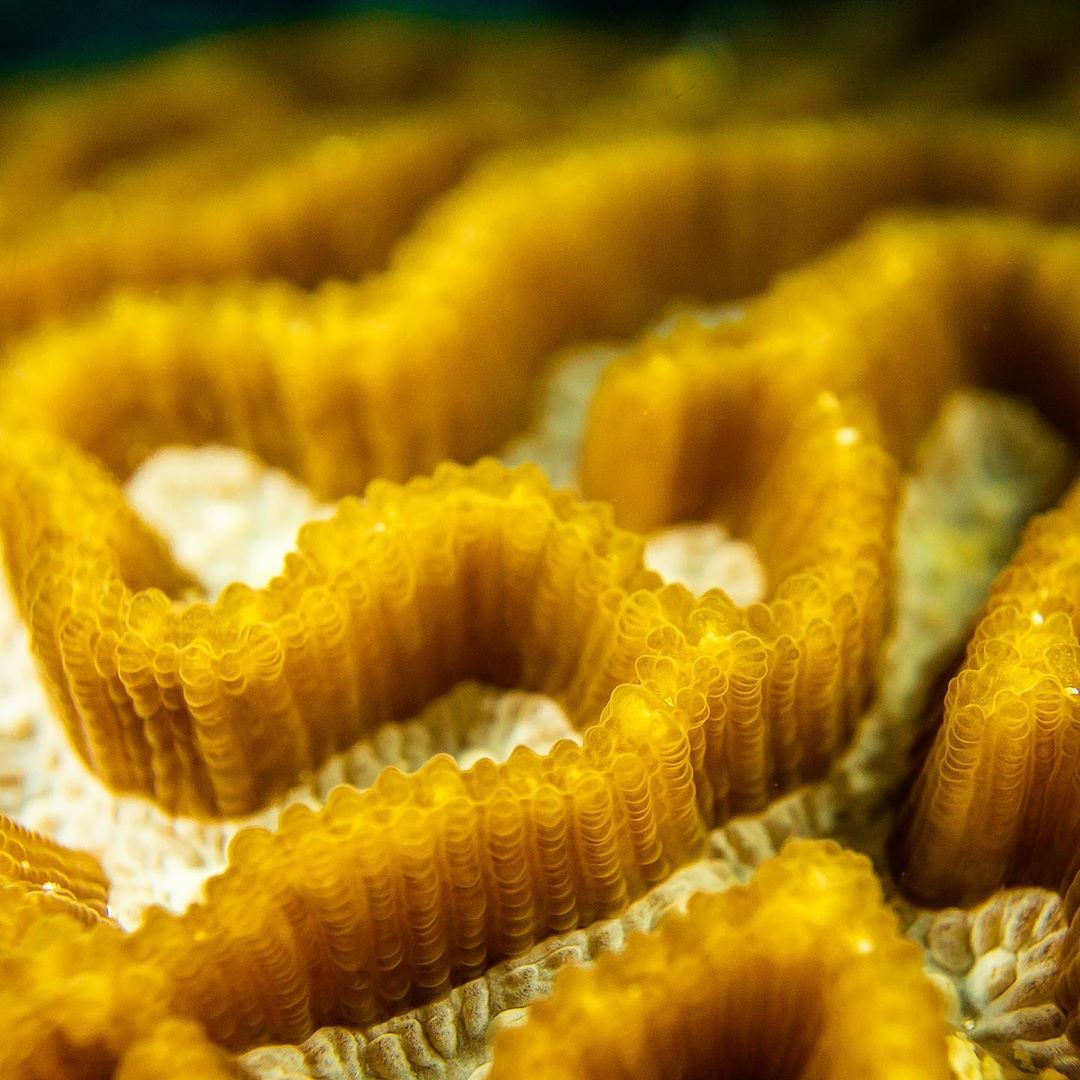Protist expert awarded top UBC research prize
February 6, 2020

February 6, 2020

Patrick Keeling, a botanist who studies protists, single-celled organisms with a complex evolutionary history, has been awarded UBC's top research accolade, the Jacob Biely Faculty Research Prize.
Keeling's work has uncovered clues into the evolution of the parasites that cause diseases such as malaria, as well as provided a better understanding of coral biology. He has discovered a number of new microscopic organisms, including a group of long-haired microbes his team named after Canadian band Rush, and one named after the fictional monster Cthulhu. Keeling is also an avid photographer of microorganisms and corals, and believes art can instill an interest in the microbial world.
The Jacob Biely Research Prize was established in 1969. Eminent researcher and professor Jacob Biely joined UBC in 1935 as an instructor in the Department of Poultry Science. He was appointed full professor in 1950, and two years later was named head of the department, a position he held until his retirement in 1968. Previous awardees of the prize include UBC Science's Raymond Andersen, Joel Feldman and Gordon Semenoff.
Other UBC Science faculty members recently recognized by the university include:
The Jacob Biely Faculty Research Prize, comprised of $3,000 and a certificate, is awarded annually to a full-time tenure-stream faculty member in recognition of a distinguished record of research.
We honour xwməθkwəy̓ əm (Musqueam) on whose ancestral, unceded territory UBC Vancouver is situated. UBC Science is committed to building meaningful relationships with Indigenous peoples so we can advance Reconciliation and ensure traditional ways of knowing enrich our teaching and research.
Learn more: Musqueam First Nation